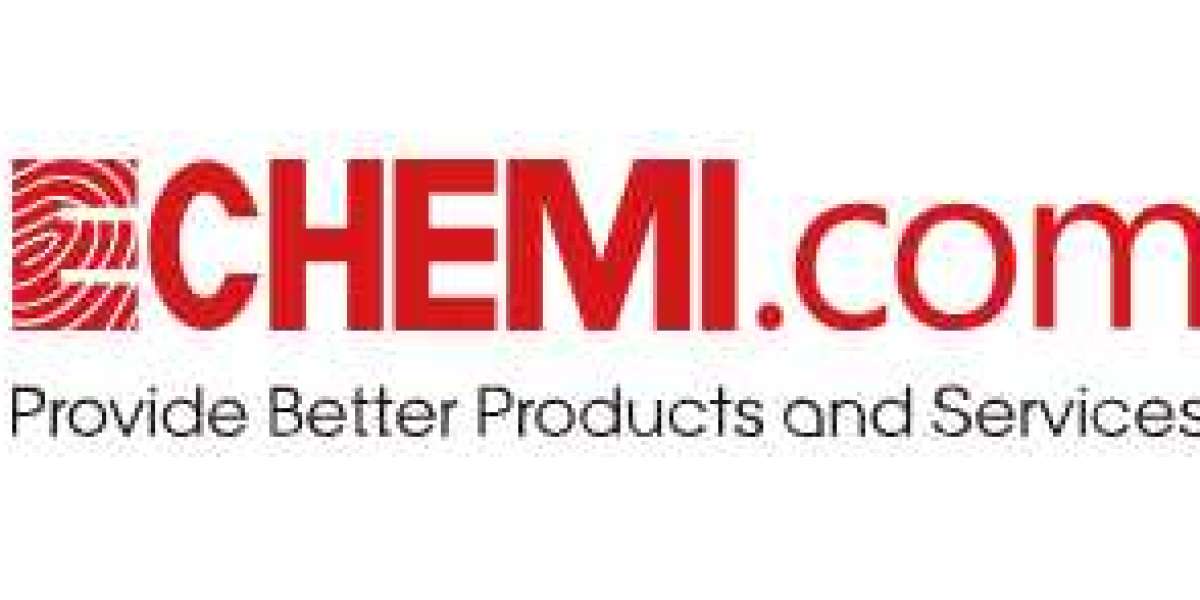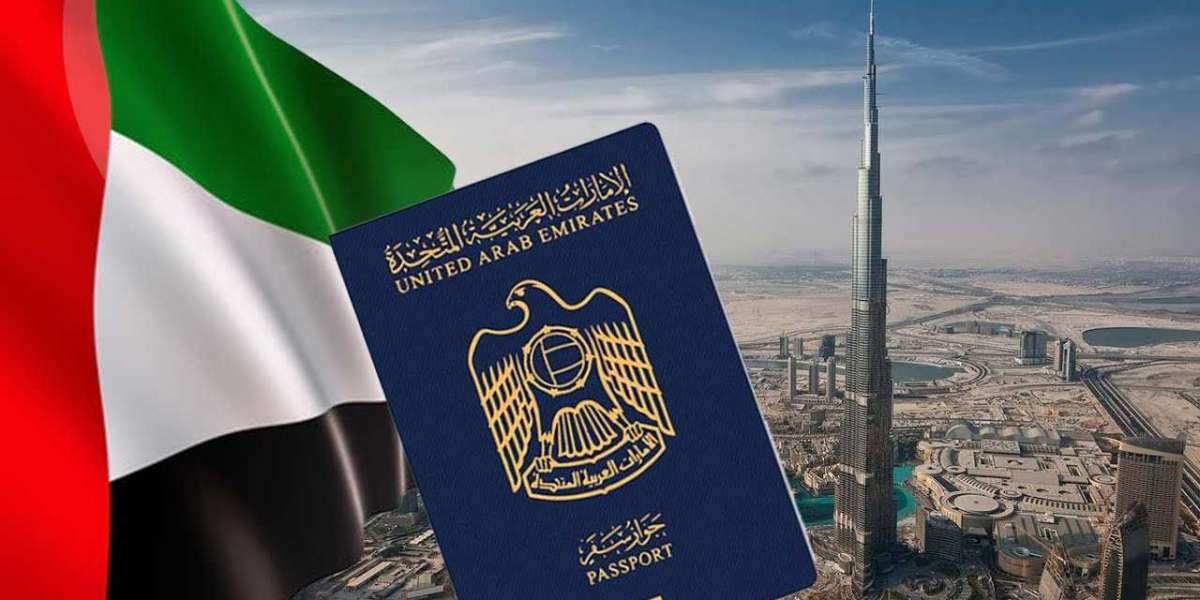For chemical wholesalers, transportation is not merely a logistical function—it is the most critical and high-risk phase of the supply chain. Ensuring the safe transit of hazardous materials is a complex, legally mandated, and ethically paramount responsibility. It requires a meticulous, multi-layered approach that integrates rigorous training, specialized equipment, and proactive planning to protect drivers, the public, and the environment.
The foundation of transportation safety lies in strict regulatory compliance and expert classification. Chemical wholesalers must navigate a complex web of international and national regulations, including the U.S. Department of Transportation (DOT) Hazardous Materials Regulations (HMR) and the European Agreement concerning the International Carriage of Dangerous Goods by Road (ADR). This begins with the precise classification, packaging, marking, and labeling of every chemical shipment according to its specific hazards (e.g., flammable, corrosive, toxic). The accompanying shipping papers and safety data sheets (SDS) must be accurate and immediately accessible, serving as the first line of information for emergency responders.
Beyond paperwork, specialized equipment and comprehensive training are vital. Wholesalers must utilize UN-certified packaging and containers designed to withstand the rigors of transit and prevent leaks. For bulk shipments, tanker trucks must be regularly inspected and made of materials compatible with their chemical cargo. However, the most crucial safety component is the driver. Personnel involved in handling and transporting hazardous materials must undergo intensive, ongoing training. This includes education on the properties of the chemicals they are carrying, safe loading and unloading procedures, the use of personal protective equipment (PPE), and detailed emergency response protocols for scenarios like a spill, leak, or fire.
Ultimately, a robust safety culture, championed from the top down, is what separates leaders in chemical wholesaling. This involves investing in advanced technology like GPS tracking and vehicle monitoring systems, conducting rigorous pre-trip inspections, and establishing clear communication channels between dispatchers and drivers. By making transportation safety a core value rather than a compliance checkbox, chemical wholesalers fulfill their duty to operate responsibly, mitigating risks and ensuring that vital chemicals reach their destination without incident.



